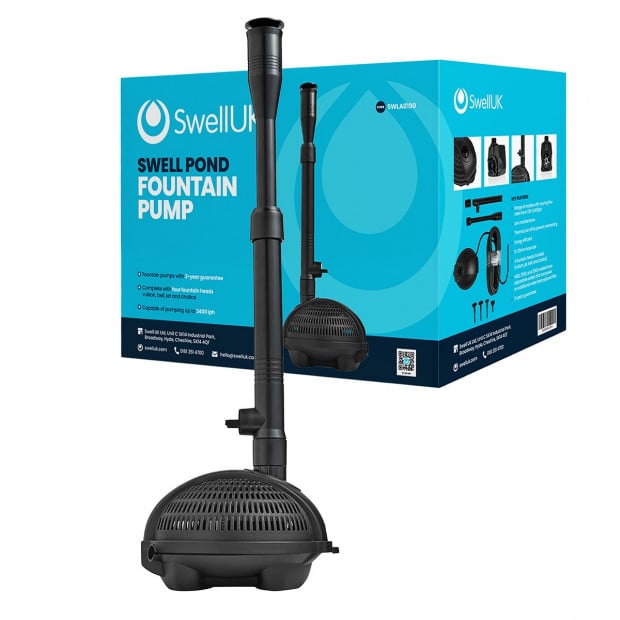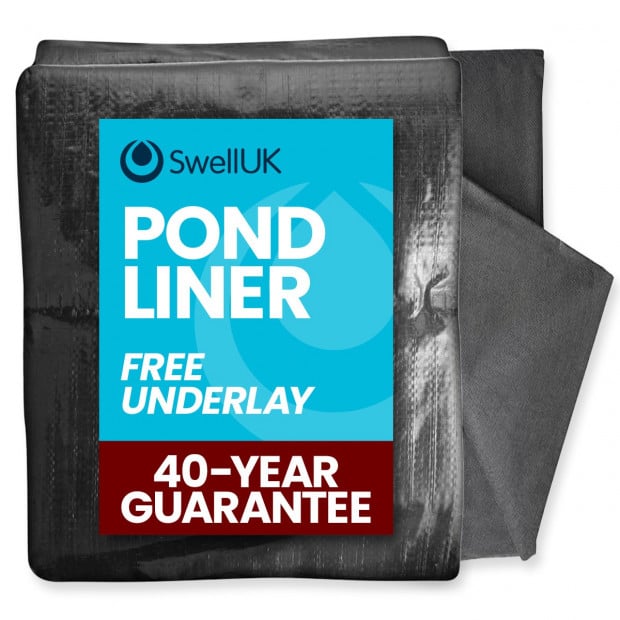- Online and shop stock may differ
- Hardy, active fish native to UK
- Best kept in small shoals
Please check the delivery dates below before placing your order.
Overview
Everything you need to know about Rudd, at a glance:
- Common Names: -
- Scientific Name: Scardinius erythrophthalmus
- Max Size: ~50cm
- Temperature Range: 10-22°C, though can survive temperatures close to freezing
- pH Range: 6.0-8.0
- Compatibility: Peaceful, will get along with other similarly sized pond fish
- Area Of Origin: Eurasia, but commonly found in UK waterways
- Suitable Foods: Variety of sticks, pellets, and flakes.
- Special Requirements: Best kept in small shoals
What is a Rudd?
Rudd are hardy, freshwater fish that are found in waterways across the UK, particularly in the south of England. They typically gather in large shoals in ponds, lakes, and slow-flowing rivers that contain lots of plants. They're popular amongst both anglers and fish keepers.
Rudd are members of the wider Carp family, though they don't grow nearly as large as their distant cousins Koi, often maxing out at sizes of ~50cm. They're typically slimmer than other types of Carp too, with a more streamlined body adapted for faster swimming speeds.
Rudd are often confused with another type of Carp, Roach, but they have a number of characteristics that set them apart. Rudd have silvery bodies with a yellowish green sheen and distinct yellow eyes. They also have upturned mouths that allow them to easily feed from the water's surface.
How do I care for Rudd?
Rudd are hardy fish, known for their ability to tolerate a wide range of aquatic environments. This makes them a great choice of fish for first-time pond keepers, particularly those interested in keeping species native to the UK. That said, they do require a degree of specialist care, just like any other pond fish.
As shoaling fish, Rudd need to be kept in small groups of at least three to five individuals, though more is always better. The more Roach you have in your pond (space permitting) the more outgoing they'll be you may even be lucky enough to see them breed (typically between the months of March and June).
While they don't grow quite as large as other types of Carp, Rudd do often exceed 30cm in length and therefore need to be given quite a bit of space. They're active swimmers too, so the bigger the surface area of your pond the better. A wide, shallow pond is a lot better than a narrow, deep pond for these fish.
They also like an environment with lots of shaded and weedy areas. These are typically the areas where mature females will lay thousands of eggs during late spring and early summer. To create these kinds of conditions, consider planting some fast-growing pond plants, like Mare's Tail.
Like most other types of pond fish, Rudd thrive in a well-filtered and well-oxygenated environment. To create these conditions in your pond, get yourself a large pond filter and a powerful pond pump capable of running a fountain and/or waterfall. You could also run an air pump to further increase oxygen levels in your pond.
Rudd are omnivorous and will readily accept a variety of sticks, flakes, and pellets. In the wild, Rudd will eat insects and other small invertebrates. Try to simulate this protein-rich diet by occasionally offering them some live foods.
How is this Rudd delivered?
All of our aquatic animals are dispatched from our livestock distributor and delivered directly to your doorstep. Our distributor dispatches and delivers livestock packages on Wednesday or Thursday to avoid animals being in transit over the weekend. To further minimise time spent travelling, all livestock deliveries are made before 1pm on the day of delivery.
After placing your livestock order, you'll receive all the information needed to track your livestock order via email. If you have any problems regarding delivery, or concerns about the health/wellbeing of your animal(s) upon arrival, please contact us, Swell UK Ltd, immediately, or at least within 48 hours of receiving your livestock order.
Any other, non-livestock items that you purchase alongside livestock will be sent via standard or express delivery and arrive at your delivery address in a different package. This means that, depending on when you place your order, you may receive your non-livestock items before or after your livestock package.
For a detailed breakdown of when you can expect to receive your livestock package depending on the day you placed your order, be sure to check the delivery details in the specifications below.
How do you acclimate a Rudd to a pond?
It's very important that you acclimatise new fish to your pond. This is the process of gradually adjusting an animal to its new environment and it's especially important in an aquatic setting where sudden changes in water temperature, pH, and nitrates can cause stress, illness and, in some cases, even death.
To acclimatise your Rudd, add it to a large, dimly lit container and add a small amount of pond water every few minutes. Do this until water temperatures in this container match water temperatures in your pond, and for at least 20 minutes. If you don't have a large container to hand, you can float the bag containing your fish in your pond instead.
You should always set up your pond and make sure it's ready for fish prior to purchasing any. It's also a good idea to let your pond filter mature for a few months before adding Rudd.
Above photos are for illustration purposes only; livestock received may not exactly match those photographed.
Please note: The livestock that is sold on our online site is not held in store at our Swell shop, or available for collection from the shop. Species sold at our Swell store will differ from ones available to order to your door.
| Order livestock by | Receive order by |
| Monday 11:30am | Wednesday |
| Tuesday 11:30am | Thursday |
| Wednesday | Following Wednesday |
| Thursday | Wednesday |
| Friday | Wednesday |
| Saturday | Wednesday |
| Sunday | Wednesday |
-
 GudgeonFrom £20.00In stock
GudgeonFrom £20.00In stock -
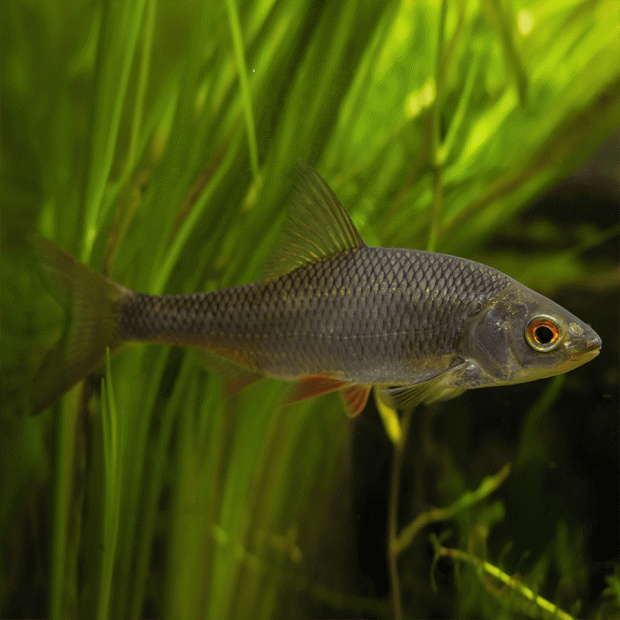 RoachFrom £10.00In stock
RoachFrom £10.00In stock -
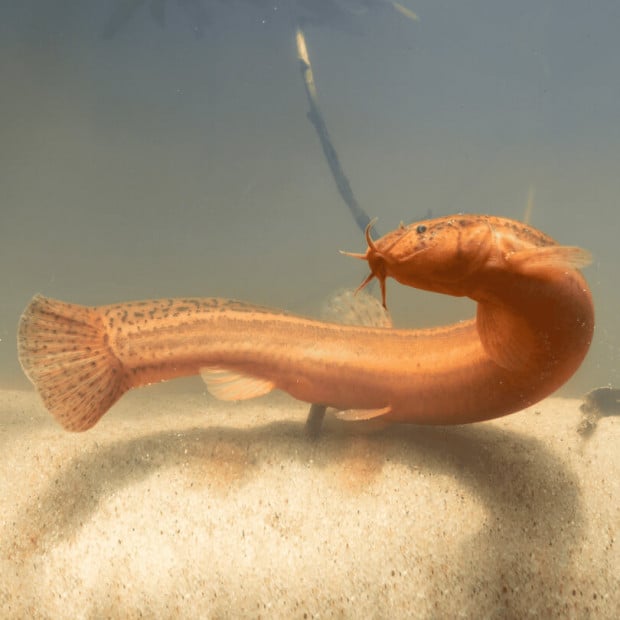 Xanthic Golden Weather Dojo LoachFrom £20.00In stock
Xanthic Golden Weather Dojo LoachFrom £20.00In stock -
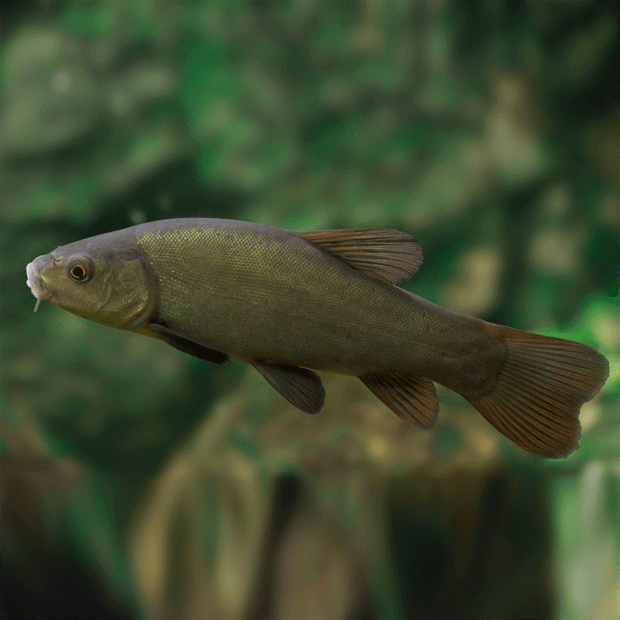 Green TenchFrom £10.00In stock
Green TenchFrom £10.00In stock








